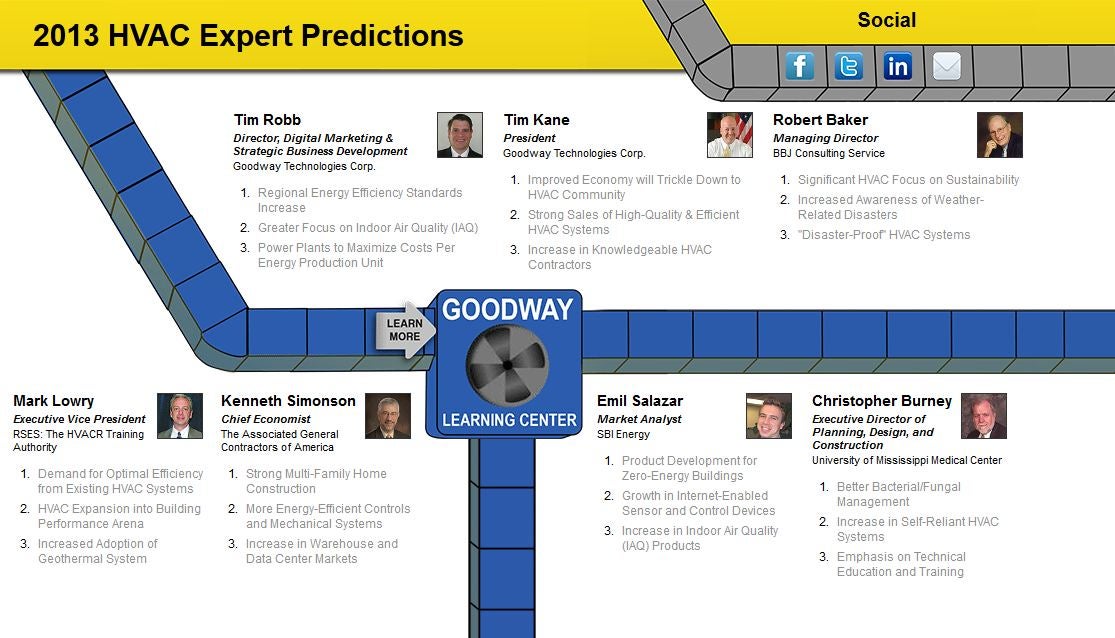The Future Of Home Heating - Just How Heat Pump Technology Is Advancing
The Future Of Home Heating - Just How Heat Pump Technology Is Advancing
Blog Article
Writer-David Stack
Heatpump will certainly be a critical technology for decarbonising home heating. In a circumstance consistent with governments' revealed energy and climate dedications, their international capability doubles by 2030, while their share in home heating rises to one-quarter.
They work best in well-insulated homes and rely on power, which can be provided from a sustainable power grid. Technical advancements are making them a lot more reliable, smarter and cheaper.
Fuel Cells
Heatpump utilize a compressor, refrigerant, coils and fans to relocate the air and warmth in homes and appliances. They can be powered by solar energy or power from the grid. They have been getting appeal because of their inexpensive, silent procedure and the capability to create electrical power during peak power demand.
heating solutions christchurch , like IdaTech and BG MicroGen, are working with gas cells for home heating. These microgenerators can replace a gas boiler and create some of a house's electric needs with a connection to the electrical power grid for the rest.
However there are reasons to be skeptical of using hydrogen for home heating, Rosenow says. It would certainly be costly and ineffective compared to various other innovations, and it would add to carbon emissions.
how to clean your heat pump and Connected Technologies
Smart home innovation enables homeowners to link and control their gadgets remotely with making use of smartphone apps. As an example, smart thermostats can discover your heating preferences and automatically get used to optimize energy intake. Smart lights systems can be regulated with voice commands and automatically turn off lights when you leave the space, lowering power waste. And wise plugs can keep an eye on and manage your electrical usage, enabling you to identify and restrict energy-hungry appliances.
The tech-savvy home portrayed in Carina's meeting is a great picture of just how residents reconfigure space heating techniques in the light of brand-new wise home innovations. They depend on the devices' computerized attributes to perform daily adjustments and concern them as a practical means of performing their heating practices. As such, they see no reason to adjust their methods additionally in order to allow versatility in their home energy demand, and treatments targeting at doing so might deal with resistance from these houses.
Power
Considering that warming homes accounts for 13% of US exhausts, a switch to cleaner choices could make a big difference. But the technology faces difficulties: It's pricey and calls for substantial home renovations. And it's not always suitable with renewable resource sources, such as solar and wind.
Up until recently, electrical heatpump were also costly to compete with gas designs in most markets. Yet brand-new developments in style and materials are making them a lot more budget friendly. And better cool climate efficiency is enabling them to work well even in subzero temperatures.
The following step in decarbonising heating may be making use of warmth networks, which attract warmth from a central resource, such as a neighboring river or sea inlet, and disperse it to a network of homes or structures. That would decrease carbon emissions and allow households to benefit from renewable energy, such as environment-friendly electrical energy from a grid provided by renewables. home rewiring christchurch would certainly be less expensive than changing to hydrogen, a fossil fuel that calls for new framework and would just minimize CO2 exhausts by 5 percent if paired with enhanced home insulation.
Renewable resource
As power rates drop, we're starting to see the same fad in home heating that has driven electric cars and trucks right into the mainstream-- but at an also quicker pace. The strong climate situation for impressive homes has actually been pressed further by brand-new research study.
Renewables represent a significant share of modern-day heat intake, yet have actually been provided restricted plan interest globally compared to various other end-use industries-- and even less attention than power has. Partially, this mirrors a mix of consumer inertia, divided rewards and, in several countries, subsidies for nonrenewable fuel sources.
New innovations can make the shift much easier. For instance, heat pumps can be made more power efficient by replacing old R-22 cooling agents with new ones that don't have the high GWPs of their precursors. Some specialists also visualize area systems that attract warmth from a nearby river or sea inlet, like a Norwegian fjord. The cozy water can then be utilized for cooling and heating in an area.